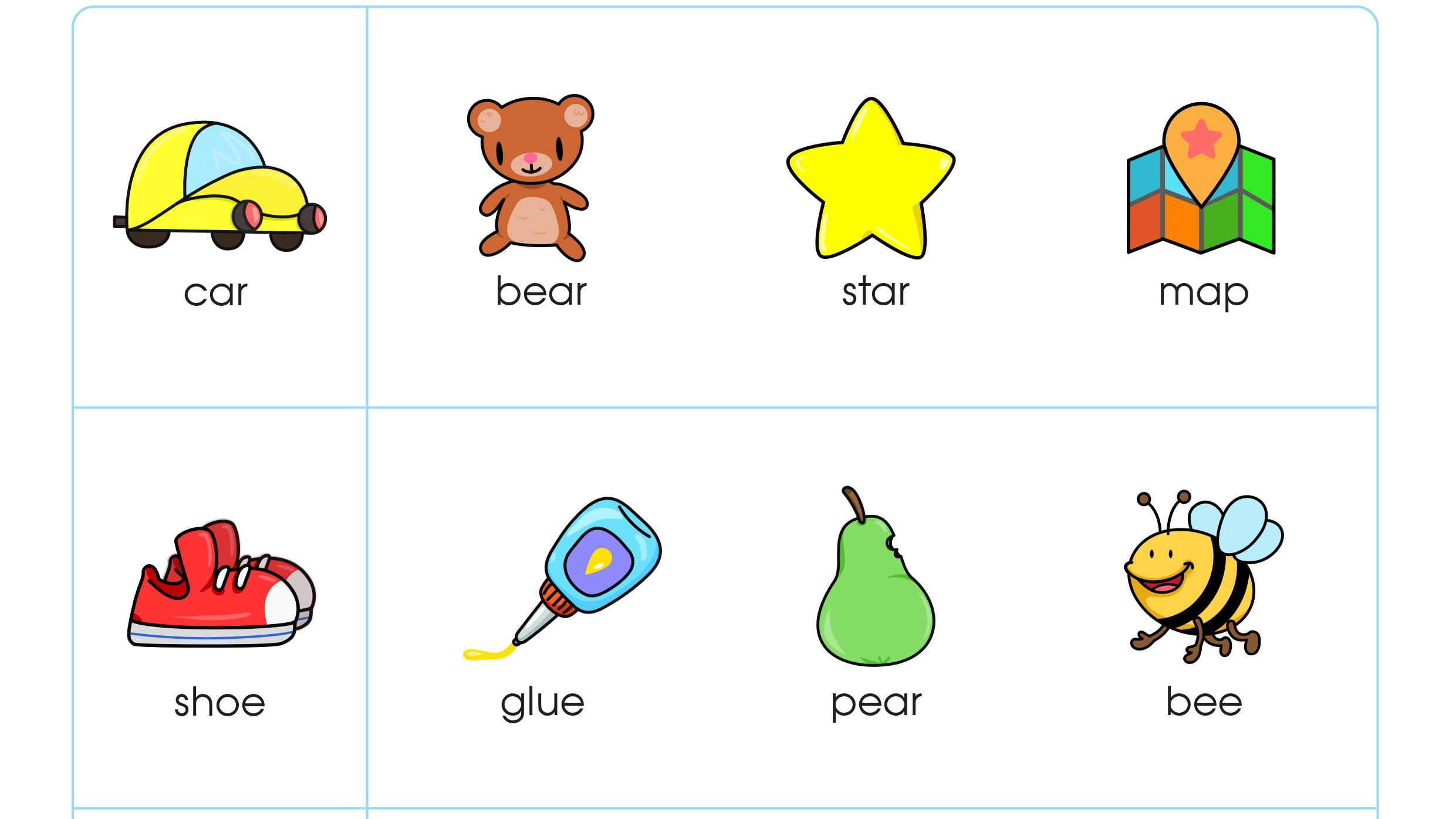Rhyming skills development Rhyming Words Worksheets for Ages 3-4
3 filtered results
-
From - To
Introduce your little learners to the joy of rhyming with our specially designed Rhyming Words Worksheets for Ages 3-4. These engaging printables focus on developing essential early reading skills while fostering creativity and phonemic awareness. Our worksheets encourage children to recognize patterns and sounds within words, laying a strong foundation for reading fluency. Fun and interactive exercises, bright illustrations, and parent-friendly instructions make learning a delightful experience. Perfect for classroom or at-home practice, these resources support your child's journey in discovering the wonderful world of words. Expand their vocabulary and boost confidence with our rhyming worksheets!


Rhyming Words Rhyming Worksheet


First Words: Picture Rhymes Worksheet
Fostering rhyming skills in children aged 3-4 is crucial for several compelling reasons. Firstly, rhyming enhances phonological awareness, an important foundational skill for reading. When children identify and produce rhymes, they learn to detect patterns in sounds, which primes their brain for decoding words during reading, making them more fluent readers later on.
Secondly, rhyming expands vocabulary and comprehension. By engaging with rhymes, children are exposed to new words in fun, often repetitive formats, facilitating easy recall and understanding. The playful nature of rhyming helps children remember words and their meanings effortlessly.
Furthermore, rhyming boosts memory and cognitive skills. Nursery rhymes and rhythmic stories require children to remember sequences and patterns. This not only improves their memory but also enhances their ability to anticipate outcomes, enhancing cognitive development.
Socially and emotionally, rhyming activities like singing and reading aloud foster bonding between parents, teachers, and children. They create enjoyable collaborative experiences that can increase a child’s love for language and reduce stress surrounding learning.
Overall, emphasizing rhyming not only paves the way for future academic success but also enriches children’s early language experiences, making learning enjoyable and effective.
 Assign to My Students
Assign to My Students

















